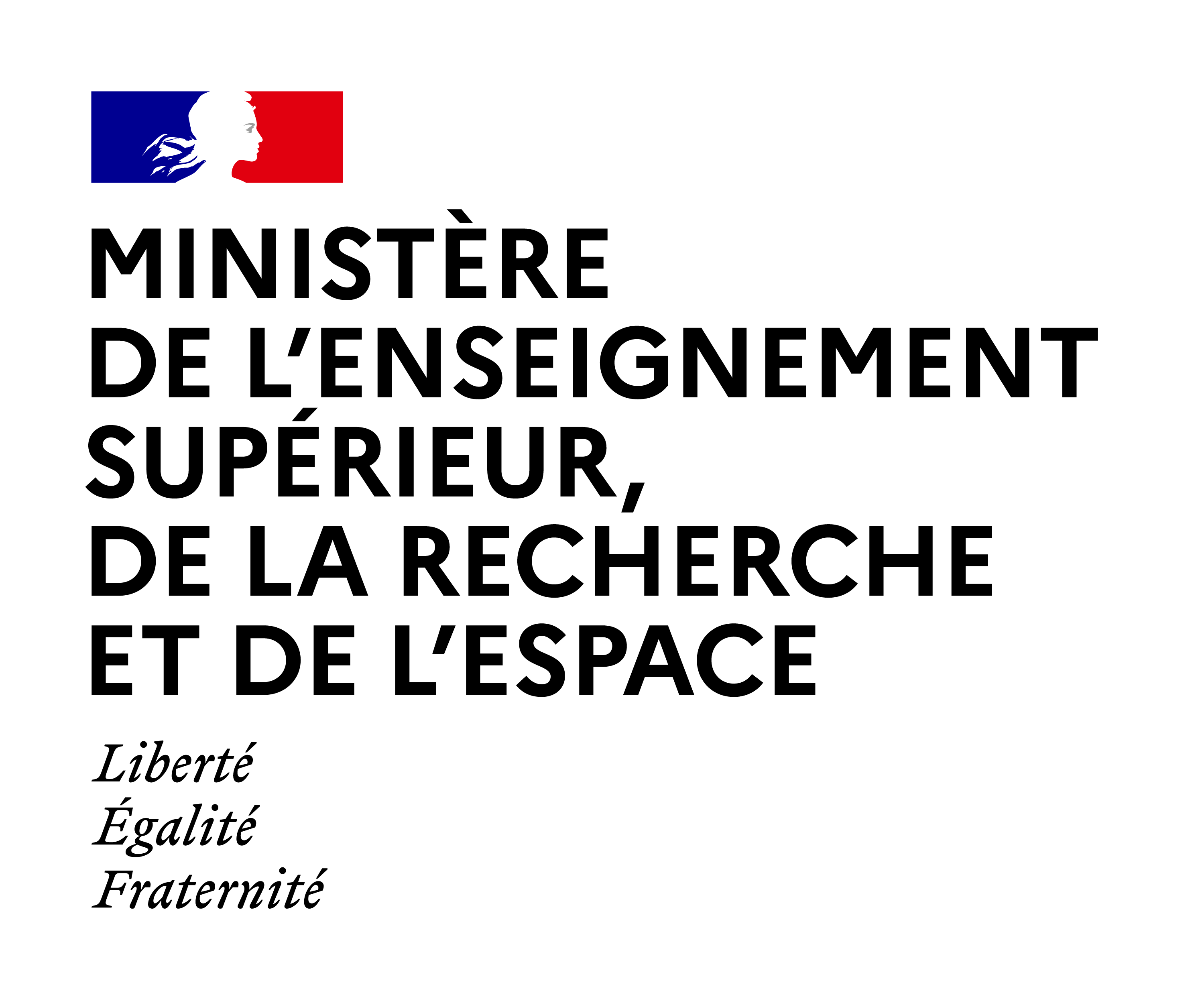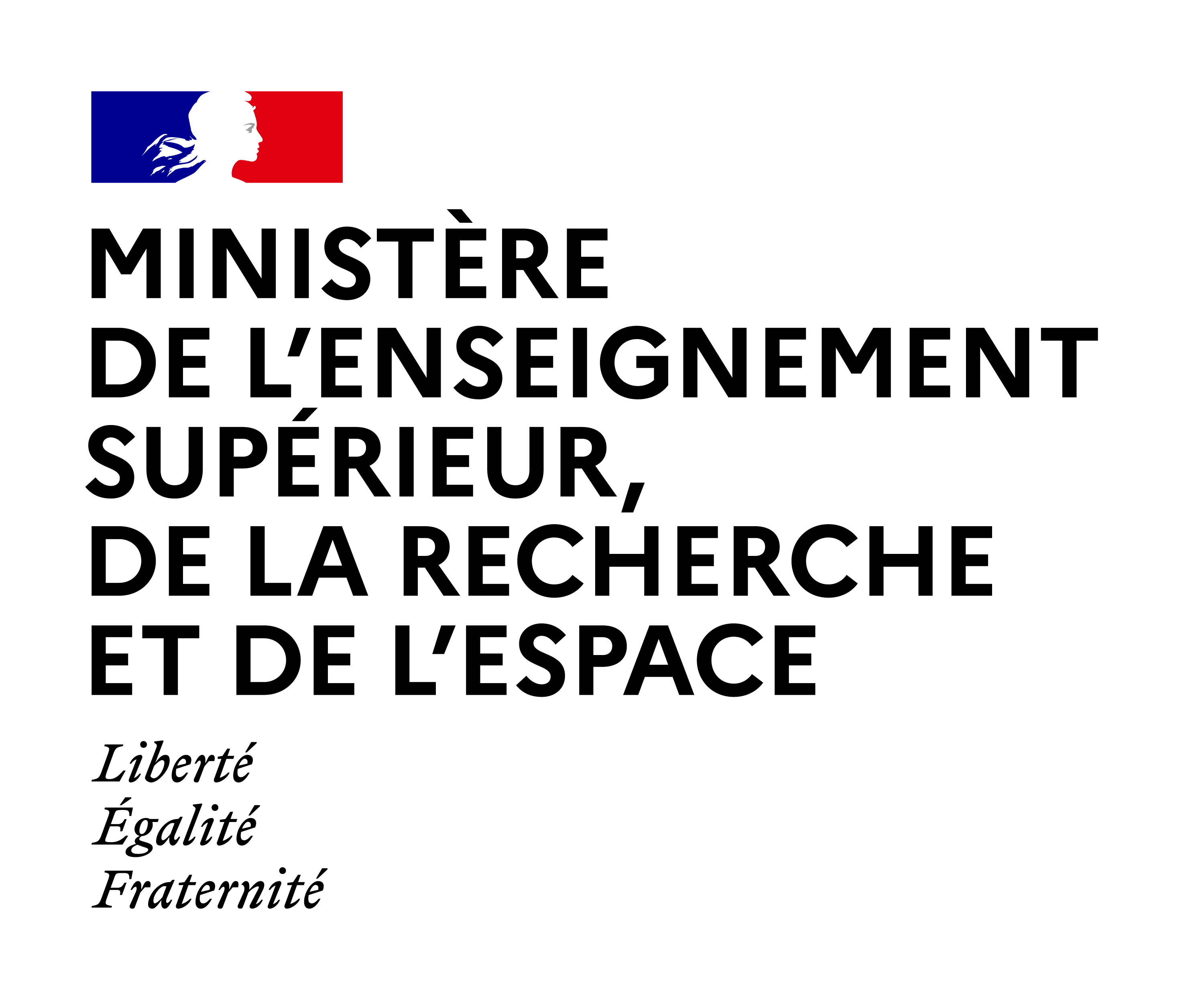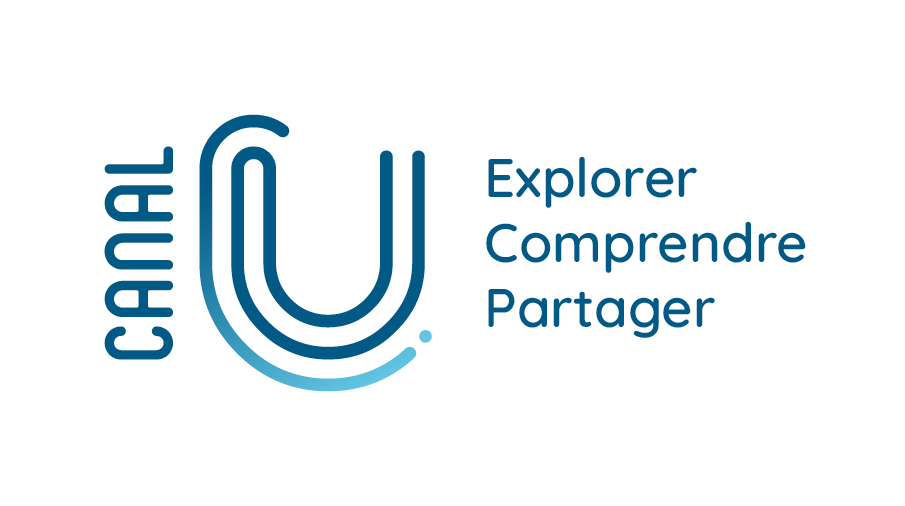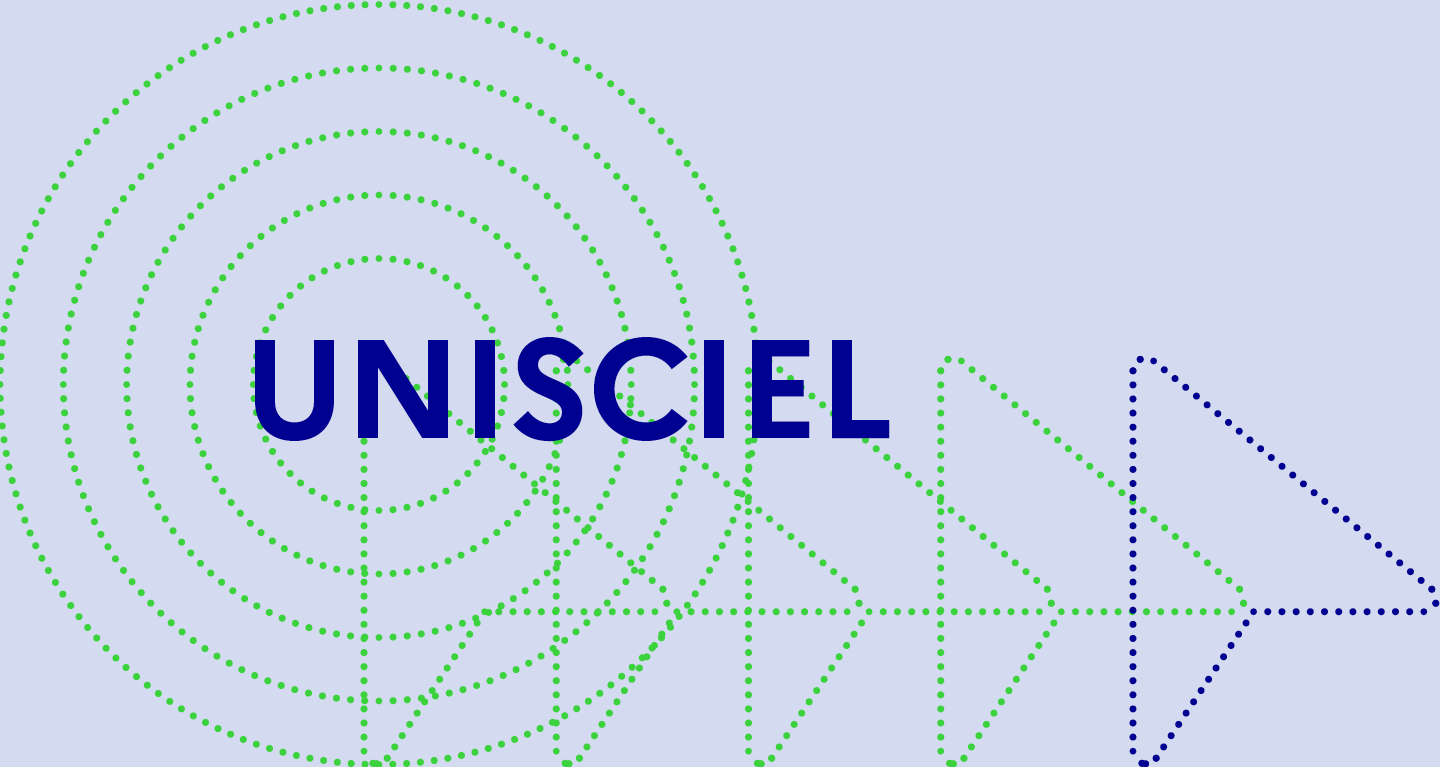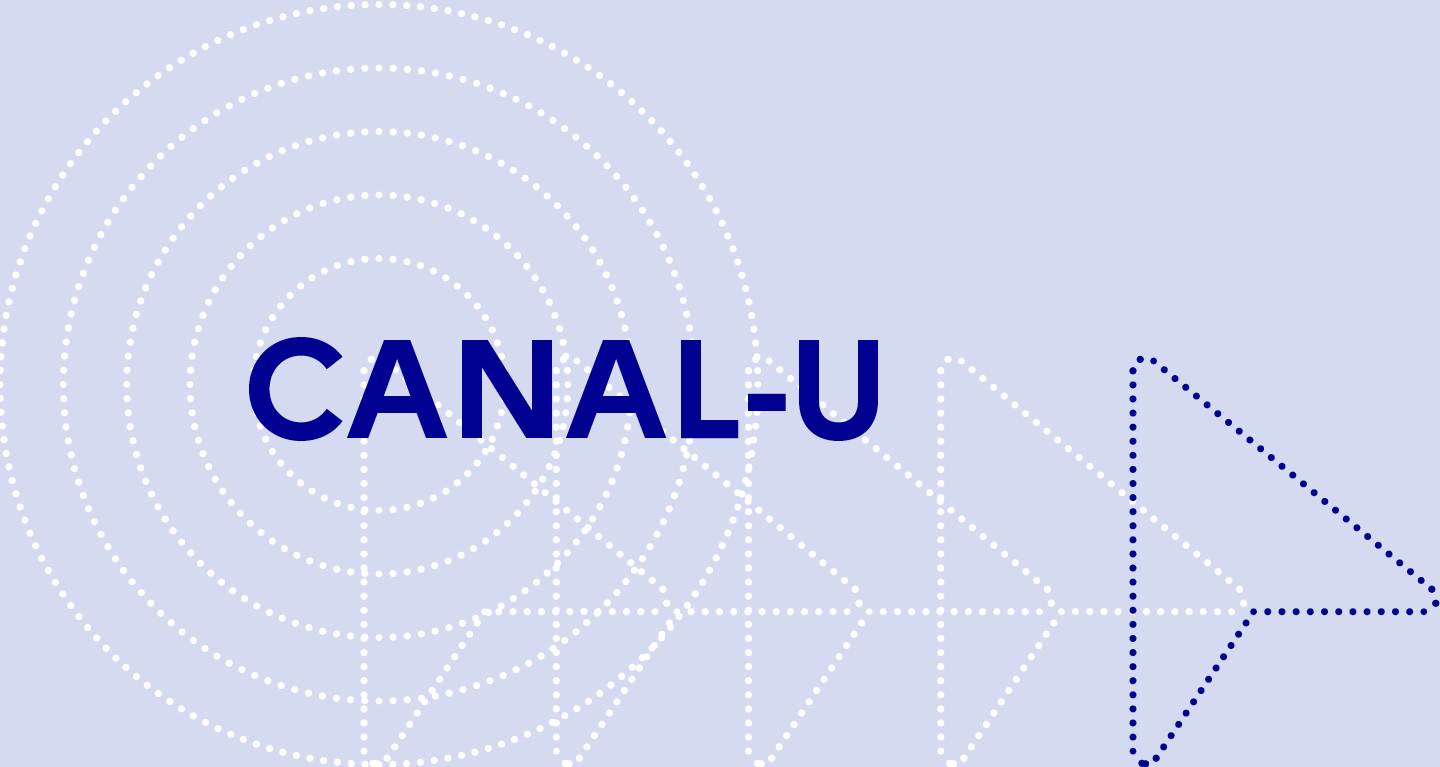
Sommaire
THE INFORMATICS REVOLUTION IN THE SCIENCES
Date de création :
27.10.2017Auteur(s) :
Gérard BERRYPrésentation
Informations pratiques
Droits réservés à l'éditeur et aux auteurs.
Description de la ressource
Résumé
Séminaire spécialisé (en anglais), par Gérard Berry, titulaire de la Chaire algorithmes, machines et langages, Mathématiques et Sciences Numériques du Collège de France, médaille d'or 2014 du CNRS. In natural sciences and mathematics, informatics has long been only seen as an auxiliary tool necessary to perform the heavy computations needed to numerically solve mathematical equations that could not be solved analytically. But a rapid change is occurring: algorithmic thinking introduced by informatics leads to a brand new way of dealing with scientific problems : instruments get massively computerized, they produce massive data that have to be analyzed and transformed by computers and disseminated using the Web, and modern numerical simulations complement experiments using not only equations but also purely algorithmic models. Astronomy has been a pioneer in this new field, but even medicine and life sciences that used to be hardly mathematized are invaded by algorithmic computing: genome and phylogenetic analysis, massive medical or cellular image analysis, simulation of protein folding and interactions, simulation of living organisms at multiple levels ranging from cell mechanisms to organs and populations, all bring new ways to observe and analyze life. Based on examples in taken in various domains, the talk will analyze the reasons of this mental and technical revolution. It will insist on the fact that Informatics is based on a mental scheme that is quite different of those of the 20th century, traditionally based on the matter-energy-waves triangle. Informatics adds a pack of newcomers: information, algorithms, circuits, and software, which are based on logical rules instead of physical rules. In modern instruments, algorithms and software make it possible to compensate for intrinsic defaults than physics alone cannot deal with; the algorithmic fusion of different sources of information provides scientists and doctor with new virtual instruments; and simulation completely replaces matter, energy and waves by algorithms on pure information. Even mathematics is concerned since results such as the solution of the famous 1611 Kepler conjecture on orange packing make heavy use of formal computing and computerized proofs. But a major issue is that most scientists have received almost no training in Informatics, which now becomes problematic since most of them do spend a large proportion of their time using computers, the separation between scientists and engineers becomes more and more blurred. And the intrinsic difficulties of developing computer programs that really work is often underestimated, as we will see with the Spirit rover that almost died because of a stupid bug in a system library and the Schiaparelli instrument that recently crashed because of a poorly conducted computerization.
"Domaine(s)" et indice(s) Dewey
- Médias documentaires, éducatifs, d'information, journalisme, édition (070)
Domaine(s)
- 070
Intervenants, édition et diffusion
Intervenants
Diffusion
Document(s) annexe(s)
- Cette ressource fait partie de
Fiche technique
- LOMv1.0
- LOMFRv1.0
- Voir la fiche XML
